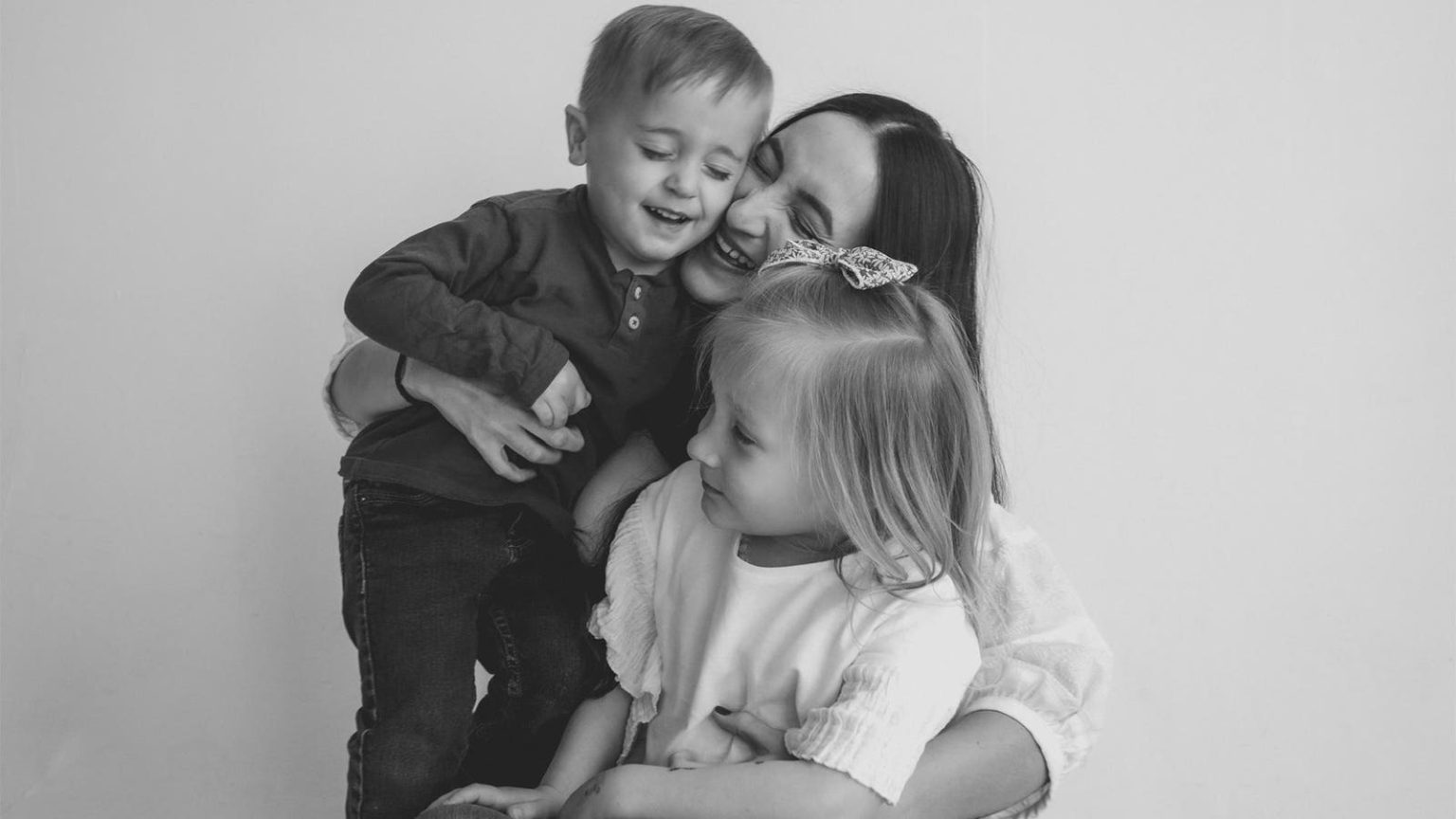In the United States, there are few regulations governing egg and sperm donation, leading to a situation where influencers on social media are promoting donation as a lucrative way to make money. One influencer, Gigi Juliana, recently went viral on TikTok for announcing her plans to donate her eggs for financial gain. While the potential payouts can be substantial, there are serious ethical and health considerations that need to be addressed. Donor-conceived people are using social media to raise awareness about the risks and impact of mass donations, as well as the lack of regulations in the industry.
The trend of influencers glamorizing and monetizing egg and sperm donation is a growing concern within the reproductive health community. While social media has helped to destigmatize discussions around infertility treatments and family-building, it has also trivialized the serious medical procedures involved in egg and sperm donation. In some cases, influencers are being paid to promote donation agencies without fully disclosing the risks and implications involved. This has raised concerns about the lack of informed consent and the potential exploitation of donors and recipient parents.
Advocates for donor-conceived people are calling for stricter regulations to protect the rights and well-being of individuals involved in the donation process. The American Society of Reproductive Medicine has issued ethical guidelines, but enforcement and compliance with these guidelines are left to the discretion of providers and clinics. In response to these concerns, several states have passed laws to regulate the industry, such as banning anonymous donations and limiting the number of donations one person can make. Federal legislation has also been proposed to address issues such as fertility fraud and ensure accountability within the industry.
The stories of individuals like Romi Slossberg and Laura High highlight the importance of transparency and disclosure in the donation process. Slossberg’s experience with using a sperm donor and later discovering discrepancies in the donor’s medical history underscores the need for accurate information and verification of health documents. High’s journey as a donor-conceived person has led her to advocate for better regulations and protections for individuals like herself who may face health risks and identity issues due to the lack of oversight in the industry.
As social media continues to play a significant role in shaping public perception and awareness of reproductive health issues, influencers have the opportunity to use their platforms to educate and inform their audiences about the realities of egg and sperm donation. By sharing their personal experiences and advocating for ethical practices, influencers can help contribute to a more informed and responsible approach to family-building through assisted reproduction. Ultimately, the goal is to ensure that individuals involved in the donation process are fully informed and protected, and that the industry upholds the highest standards of ethics and accountability.


